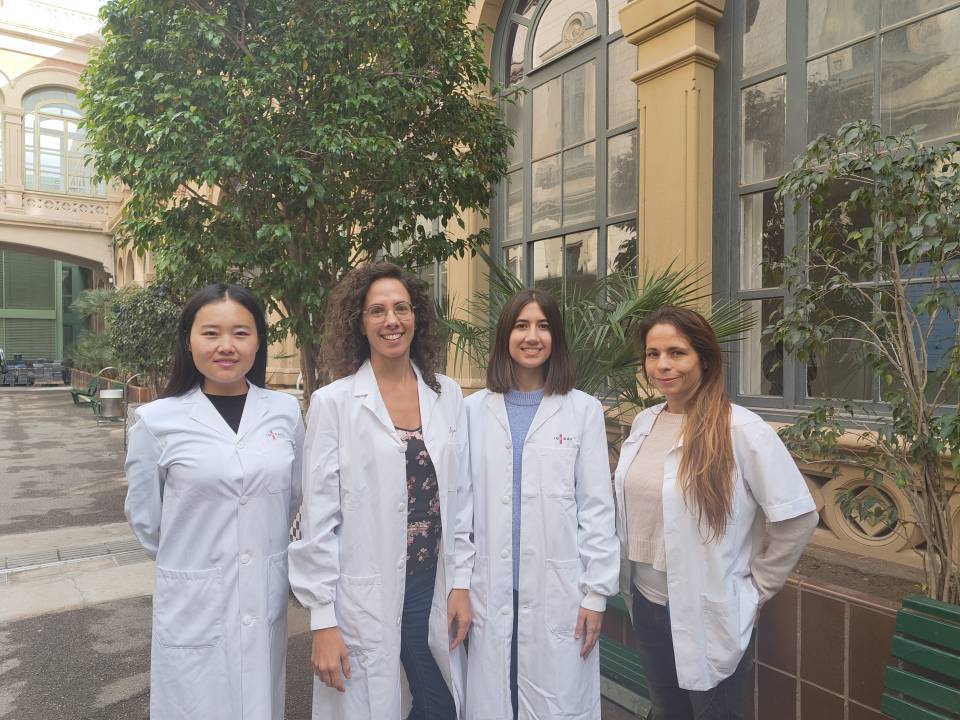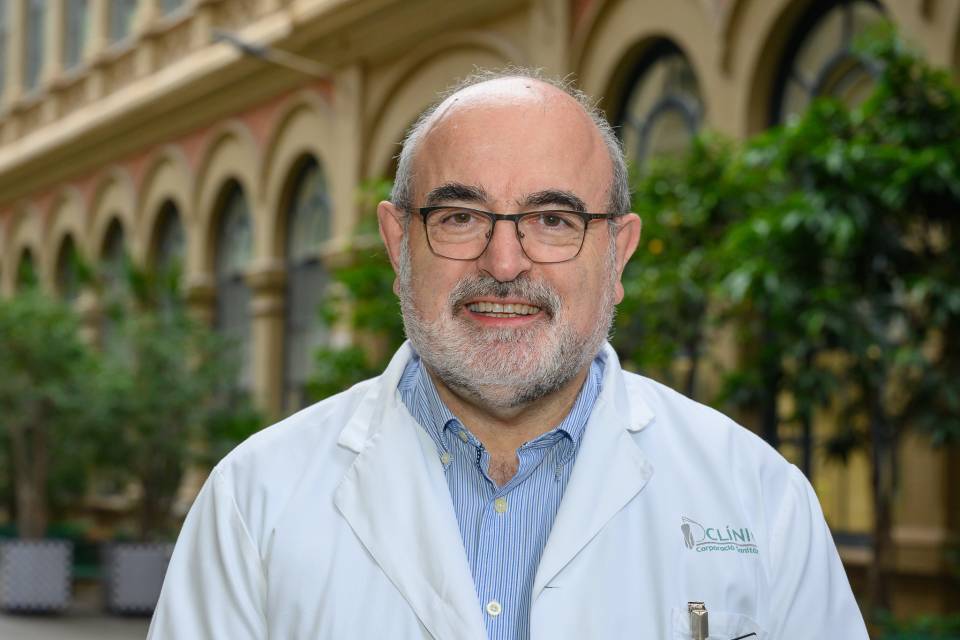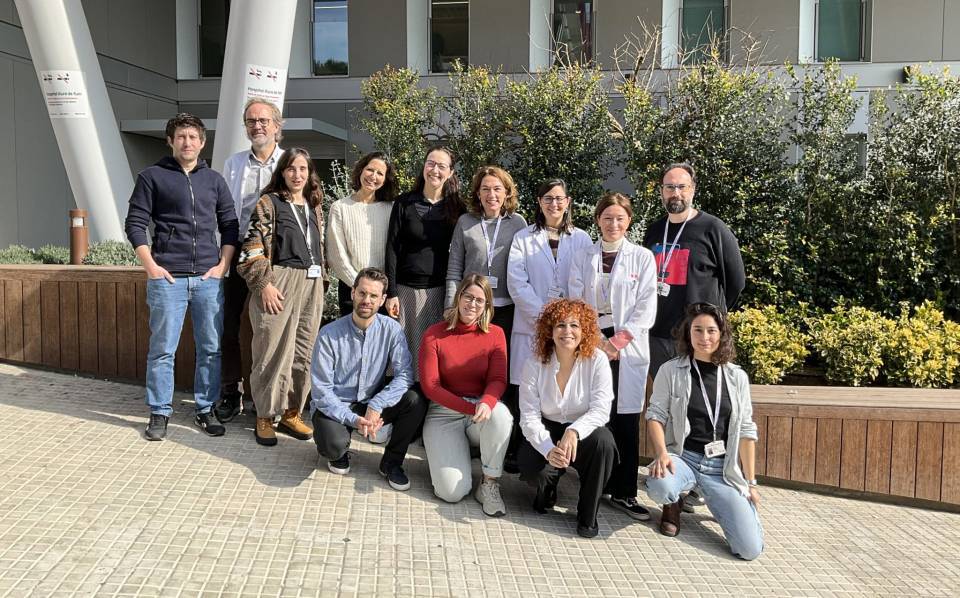During fasting, the lack of nutrients leads to a decrease in muscle mass, a process defined as muscle atrophy. During this process, cells are subjected to stress that can produce potentially harmful substances at high concentrations, called reactive oxygen species (ROS). High levels of ROS have been linked to neurodegenerative disorders, cardiovascular diseases, diabetes and cancer, as well as pathophysiological and clinical conditions associated with muscle atrophy.
In this paper published in the journal PNAS, the researchers describe how ZEB1 and ZEB2 act in opposing ways in the maintenance of ROS levels in muscle during fasting and in the control of muscle atrophy.
For this study, led by Chiara Ninfali a postdoctoral researcher at IDIBAPS, the team used mice that selectively did not express ZEB1 or ZEB2 in their muscle cells, which allowed them to discern the role that each of these factors was playing.
The results showed that ZEB1 protected against excessive production of reactive oxygen species and, at the same time, decreased the damage they caused in the cells, leading to less muscle atrophy during fasting. ZEB2, on the other hand, exacerbated the deleterious effects of fasting by contributing to greater damage and atrophy.
Ninfali explains: “Our observations set ZEB1 and ZEB2 as potential therapeutic targets to modulate the oxidative stress response during muscle atrophy. This could also be translated to other pathologies where oxidative stress plays an important role, such as cardiovascular diseases, diabetes or cancer”.
ZEB1 and ZEB2 are transcription factors, which means that they are proteins that bind to DNA to promote or inhibit the expression of certain genes. In this case, for the regulation of oxidative stress in muscles during fasting, the tests performed indicate that both factors can bind to the same gene, which has the capacity to reduce oxidative stress, with the difference that one fcator activates its expression and the other inhibits it.
The study was funded by different agencies, mainly by the Duchenne Parent Project Spain Association, the Agency for the Management of University and Research Grants (AGAUR) of the Generalitat de Catalunya, and the Spanish State Research Agency (AEI) of the Ministry of Science and Innovation.
Researchers from the University of Barcelona, the CNAG, and the CNB-CBMSO centres of the CSIC also participated in the paper.
Study of reference:
Chiara Ninfali et al. The adaptive antioxidant response during fasting-induced muscle atrophy is oppositely regulated by ZEB1 and ZEB2. PNAS. 2023




